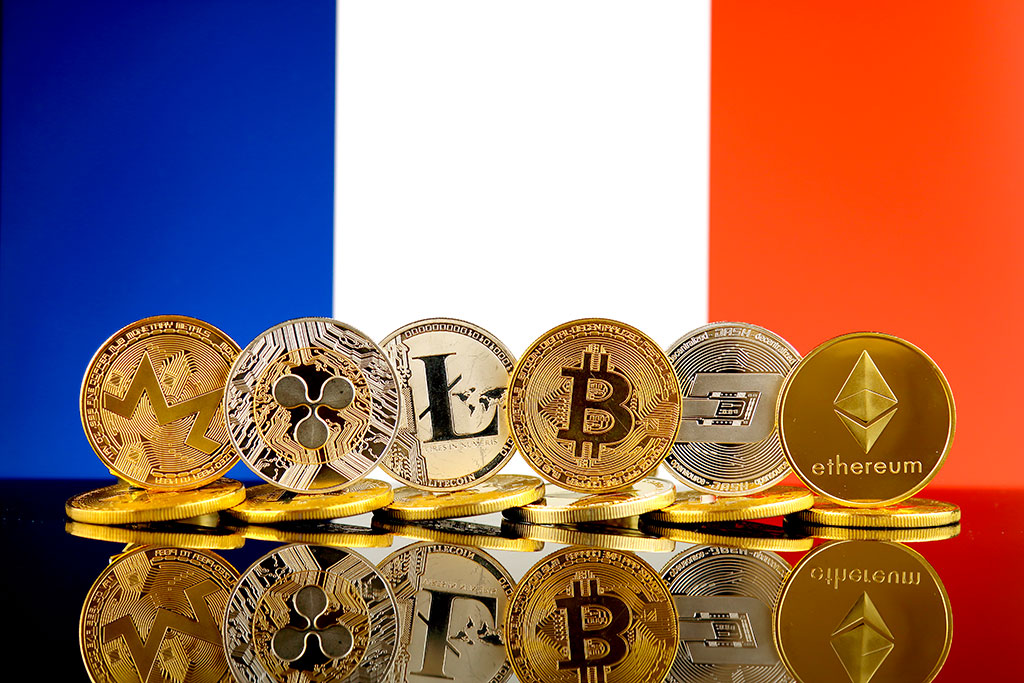France Proposes Tax on Unrealized Crypto Gains
28.01.2025 11:30 1 min. read Alexander Zdravkov
France is making headlines with a controversial tax proposal targeting unrealized crypto gains as part of its 2025 budget.
If passed, investors could be taxed on the increased value of their holdings, even without selling them. The measure, approved by the Senate, now awaits a vote in the National Assembly.
Supporters argue the tax ensures wealthier investors contribute fairly, while critics warn it could penalize holders and discourage innovation. Unlike existing capital gains taxes on sales, this proposal adds a layer of complexity by taxing unsold assets, a rare move globally.
This development comes as Europe ramps up efforts to regulate crypto, balancing innovation with oversight. While France’s bold step may set a precedent, it also raises concerns about driving investment out of the region. The proposal highlights the growing tension between crypto’s decentralized ethos and governments’ push for tighter control.
If implemented, this tax could mark a significant shift in how digital assets are treated, both in France and potentially across Europe. It would put France at the forefront of crypto regulation but may also spark backlash from investors and businesses worried about the long-term impact on the region’s competitiveness in the fast-evolving digital economy.
-
1
Thailand Launches National Crypto Sandbox
17.07.2025 9:03 2 min. read -
2
Key Crypto Events to Watch in the Next Months
20.07.2025 22:00 2 min. read -
3
House Clears Path for Landmark Crypto Bills: Vote Set for Thursday
17.07.2025 9:15 2 min. read -
4
Australia Tests CBDCs in 24 Separate Real-World Finance Use Cases
10.07.2025 19:00 2 min. read -
5
U.S. House Passes Sweeping Clarity and GENIUS Acts
17.07.2025 23:29 1 min. read
Nigeria Signals Greenlight for Stablecoin Innovation Under New Regulatory Vision
Nigeria is taking a decisive step toward embracing stablecoin adoption, as the country’s Securities and Exchange Commission (SEC) outlined its readiness to support digital currency innovation—under clear regulatory conditions.
South Korea Urges Asset Managers to Limit Exposure to Crypto Stock Like Coinbase,MicroStrategy
South Korea’s top financial watchdog has issued informal guidance urging local asset managers to scale back their investments in crypto-related stocks, according to a Korean Herald report.
SEC Reverses Bitwise ETF Approval Just Hours After Greenlight
In a surprising move on Tuesday, the U.S. Securities and Exchange Commission (SEC) initially approved Bitwise’s proposal to convert its cryptocurrency index fund into a full-fledged exchange-traded fund (ETF)—only to halt the decision just hours later.
Senate Republicans Unveil Crypto Market Bill to Expand CLARITY Act
Senators Tim Scott, Cynthia Lummis, Bill Hagerty, and Bernie Moreno (R-OH) have released a discussion draft of a new digital asset market structure bill—framed as the Senate counterpart to the CLARITY Act.
-
1
Thailand Launches National Crypto Sandbox
17.07.2025 9:03 2 min. read -
2
Key Crypto Events to Watch in the Next Months
20.07.2025 22:00 2 min. read -
3
House Clears Path for Landmark Crypto Bills: Vote Set for Thursday
17.07.2025 9:15 2 min. read -
4
Australia Tests CBDCs in 24 Separate Real-World Finance Use Cases
10.07.2025 19:00 2 min. read -
5
U.S. House Passes Sweeping Clarity and GENIUS Acts
17.07.2025 23:29 1 min. read


